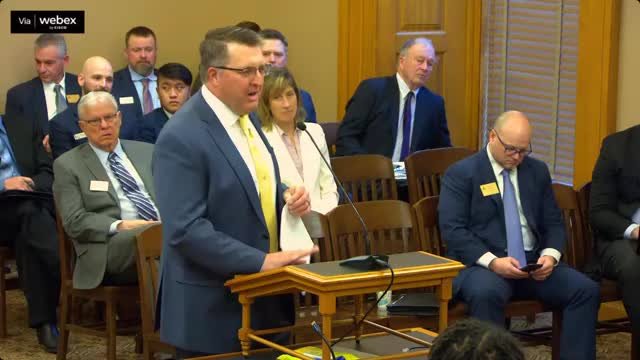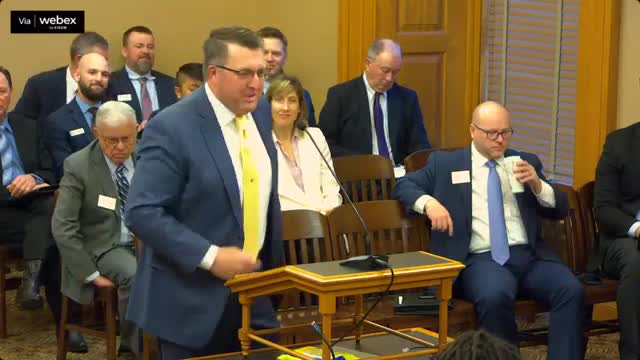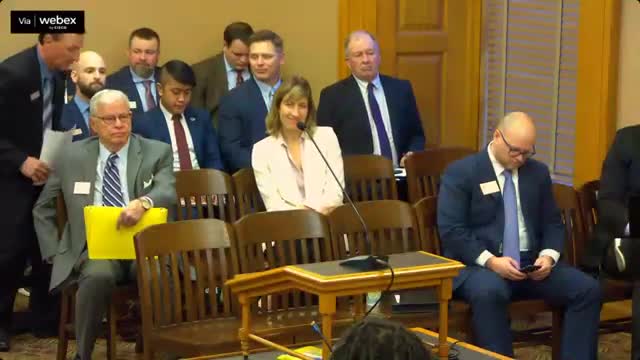Article not found
This article is no longer available. But don't worry—we've gathered other articles that discuss the same topic.

Kansas Soybean Commission outlines checkoff investments, pledges to ag innovation

Kansas Corn Commission reports strong 2024 crop, pushes ethanol and education efforts

Kansas Wheat Commission touts research investments, marks innovation center milestones

